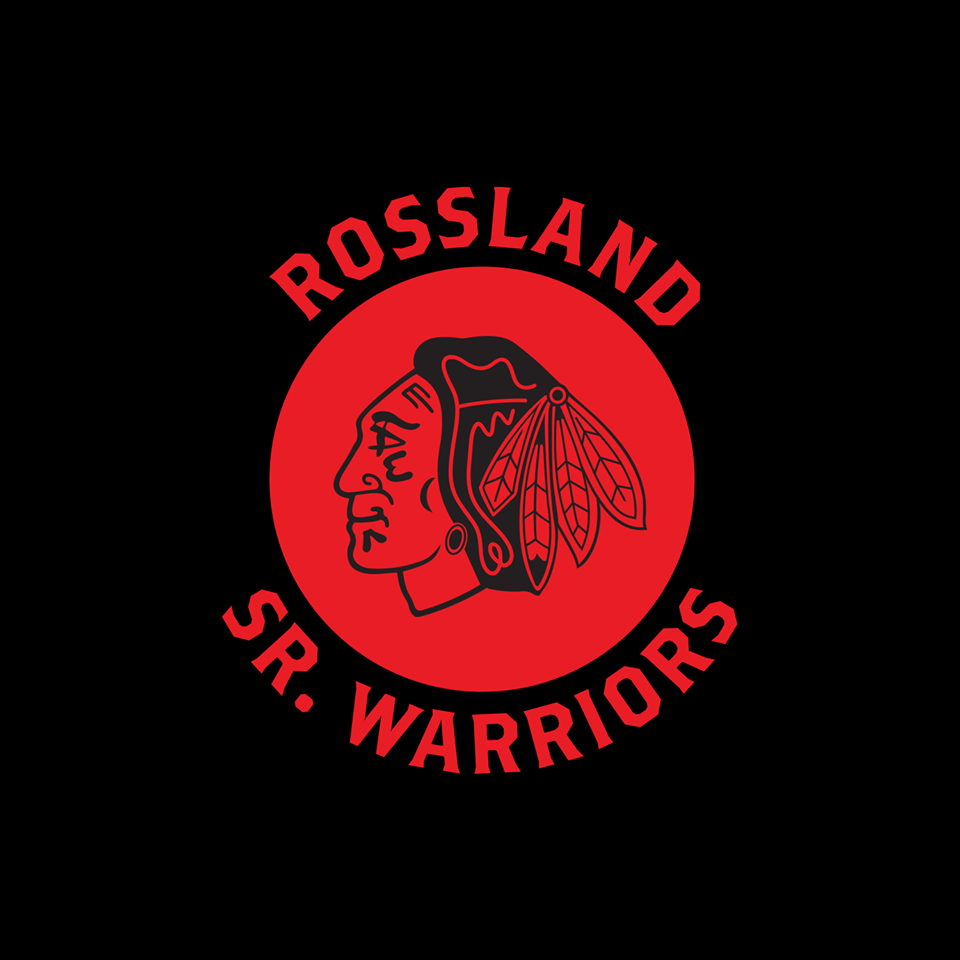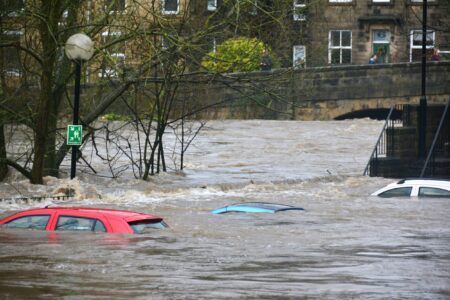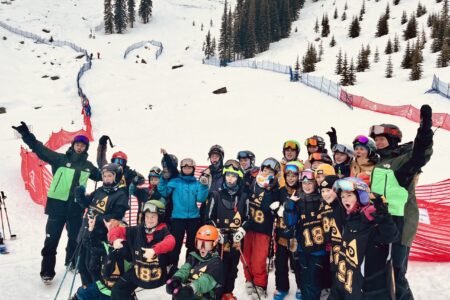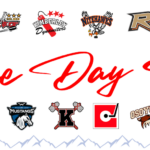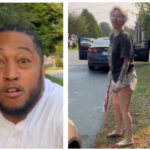Editorial: Hockey teams — what's in a name?
During a pandemic crisis, and a climate change crisis, and a plastics pollution crisis, it may seem trivial to be concerned about the names of a couple of hockey teams. But is it, really? We’re talking about the Rossland Senior Warriors. The logo is a well-designed stylized drawing of an Indigenous guy with some feathers In his hair, on a red background. We should include the Rossland Junior Warriors in this discussion, too.
Team members develop a great loyalty to their team, and that loyalty generally extends to its name and logo. Of course suggestions that the name and logo should be changed elicit opposition. That’s just natural. But perhaps we should sit back and consider what’s at the root of those suggestions for change – before taking a hard position.
First, let’s examine how “trivial” the issue is.
Above, we named three major crises facing humanity world-wide today. Social justice – that is, the structuring of our society to better enable all citizens’ fair access to education, job opportunities, health care, clean water, clean air, and acceptance and respect untainted by unfair discrimination – has been identified as necessary for addressing post-pandemic change; meanwhile, the pandemic has revealed more starkly how our society disadvantages some segments of humanity: particularly the poor, the racialized, women and children. Climate change also disproportionately impacts the poor, many of whom are people of colour, and/or living in poorer countries. The climate crisis not only affects the disadvantaged more severely, it also entrenches and exacerbates their disadvantages in a vicious cycle.
Racism – a symptom and a driver of injustice
Racism has been getting a lot of press lately, and the press has been focusing in particular on racism in policing – how many more Blacks, Indigenous and other People of Colour are stopped by police without cause, shot and killed for no reason, or little reason, or inadequate reason, and imprisoned in grossly disproportionate numbers.
The historic injustices meted out to Indigenous populations in Canada (two examples: residential schools and the abuses that happened in them, and forcible re-settlement on tiny reserves) and elsewhere have also been slowly exposed to a greater degree than in earlier decades – as well as recent examples of both hostile-to-deadly racism and also racism posing as benevolence toward First Nations people.
Naming sports teams with labels like “Warriors,” “Indians” or “Braves” or “Redskins” or “Chiefs” (logo: Indigenous man with big feathered head-dress) may seem harmless or benevolent, and even to honour Indigenous people. But not everyone agrees.
Since few of us have any expertise in matters psychological or Indigenous, let’s consider some opinions of well-qualified people, including well-qualified Indigenous people, as reported in various articles.
The American Psychological Association called for “the immediate retirement of all American Indian mascots, symbols, images and personalities by schools, colleges, universities, athletic teams and organizations” in 2005. The organization referred to “a growing body of social science literature that shows the harmful effects of racial stereotyping and inaccurate racial portrayals, including the particularly harmful effects of American Indian sports mascots on the social identity development and self-esteem of American Indian young people.”
The APA went on to point out that the Indigenous-themed “symbols, images and mascots teach non-Indian children that it’s acceptable to participate in culturally abusive behavior and perpetuate inaccurate misconceptions about American Indian culture.”
Another study, described at this website, found that Indigenous team names, logos and mascots “subconsciously reinforce stereotypes, even with only incidental exposure. It found that people who live in cities with teams with Native American mascots were more likely to think of Native Americans as warlike.”
A 2011 study examined the question of whether Indigenous-based team names and logos were“a positive way to honor and include American Indians, or a harmful and negative stereotyping of American Indians” – and concluded that they are “harmful because they remind American Indians of the limited ways otherssee them and, in this way, constrain how they can see themselves.”
An opinion piece published in 2016 in The Huffington Post, by Brad Gallant, a Mi’kmaq Newfoundlander, includes this statement:
“We are mocked constantly. Women have gone missing, without investigation, by the thousands. We have been forced to the farthest reaches of the continent, evicted, killed, induced to deny our heritage and starved out to make way for Canadian “progress.” Native mascots are a lingering reminder that the Indigenous cannot participate in Canadian society equally, nor expect the simplest rights that every Canadian takes for granted.”
An article published in 2018 on Global Sport Matters on the topic of the “Washington Redskins” team name and logo quoted James Riding, a member of the Pawnee Nation of Oklahoma and a founding member of Arizona State University’s American Indian Studies Program. He stated, “I flatly reject the contention of team owners and sports fans that American Indian-oriented team names, logos and mascots in professional and amateur sports pay homage to Indian bravery and courage. Their so-called honoring celebrations of Indian heroism are not only misguided, harmful and offensive to Indians but are also inextricably tied to this nation’s history of racism.”
The same article also quoted Bryan Brayboy, Professor of Indigenous Education and Justice at Arizona State University: “The social science research and literature on this is pretty overwhelming that the use of these caricatures is bad for everyone. Particularly, it’s bad for children,” Brayboy said, and explained that for native kids, it damages their self-esteem. He elaborated, “For non-native kids, it largely inures them toward racism toward native people. It ends up giving them the sense that native folks and peoples are a thing of the past or are to be caricatured, so they are less likely to have empathy with native peoples, and they come to see us as these relics of the past and stereotypes rather than vibrant, viable, productive human beings.”
On the other hand, there is the fact that an unknown percentage of Indigenous people have said, when questioned, that they do not find the team names and mascots offensive. Is that a good enough reason to continue a practice that many other Indigenous people do find offensive, and which psychologists have concluded – on the basis of many studies – is racist and damaging?
We should discard and thoughtfully replace potentially harmful and offensive team names instead of clinging to them while defending our decades-long “tradition.”
For anyone who thinks that changing the Rossland Hockey teams’ logo, at least, is a good idea, there’s an on-line petition urging that very thing. Readers can sign it to register support for the idea; find it here:
Besides, it’s an interesting creative challenge to invent a new name for a beloved team – or set of teams. Get your creative juices flowing, Rosslanders. Let’s come up with new, updated and inspiring names and logos for our hockey teams — names and logos that can make us all feel proud.


